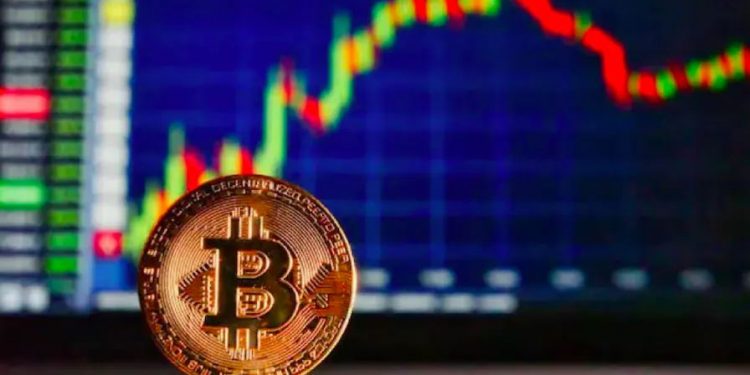New York: In a first-ever cryptocurrency insider trading scheme, the US authorities have charged two Indian brothers and their Indian-American friend with wire fraud conspiracy by using confidential information from crypto exchange Coinbase and made $1.5 million in illicit money.
Ishan Wahi, 32, a former product manager at Coinbase Global, stayed in Seattle, Washington, along with his brother Nikhil Wahi, 26.
They committed the cryptocurrency crime with Indian-American Sameer Ramani, 33, of Houston, the US Department of Justice said in a statement late Thursday.
The Wahi brothers were arrested in Seattle and were set to be presented in the US District Court for the Western District of Washington, while Ramani remains at large.
Ishan, Nikhil and Ramani stare at a maximum sentence of 20 years each.
“The charges are a further reminder that Web3 is not a law-free zone. Just last month, I announced the first-ever insider trading case involving NFTs, and today I announce the first-ever insider trading case involving cryptocurrency markets. Our message with these charges is clear: fraud is a fraud, whether it occurs on the blockchain or on Wall Street,” said US Attorney Damian Williams.
Ishan worked at Coinbase as a product manager assigned to a Coinbase asset listing team starting in October 2020.
He was involved in the highly confidential process of listing crypto assets on Coinbase’s exchanges and had detailed and advanced knowledge of which crypto assets Coinbase was planning to list and the timing of public announcements about those crypto asset listings.
According to the US authorities, on at least 14 occasions, Ishan knew in advance both that Coinbase planned to list particular crypto assets and the timing of its public announcements of those asset listings.
He misappropriated that Coinbase confidential information by tipping either his brother, Nikhil or Ramani, “so that they could place profitable trades in those crypto assets in advance of Coinbase’s public listing announcements”.
“Although the allegations, in this case, relate to transactions made in a crypto exchange — rather than a more traditional financial market — they still constitute insider trading,” said FBI Assistant Director, Michael J. Driscoll.
The defendants made illegal trades in at least 25 different crypto assets and realised ill-gotten gains totalling approximately $1.5 million, he informed.
To conceal their purchases of crypto assets in advance of Coinbase listing announcements, Nikhil and Ramani used accounts at centralised exchanges held in the names of others and transferred funds, crypto assets, and proceeds of their scheme through multiple anonymous Ethereum blockchain wallets.
“Nikhil and Ramani also regularly created and used new Ethereum blockchain wallets without any prior transaction history in order to further conceal their involvement in the scheme,” said the Justice Department.
Shortly after Ramani traded in advance of Coinbase’s April 11 listing announcement, April 12, a Twitter account that is well known in the crypto community tweeted regarding an Ethereum blockchain wallet “that bought hundreds of thousands of dollars of tokens exclusively featured in the Coinbase Asset Listing post about 24 hours before it was published.”
The trading activity referenced in the April 12 tweet was the trading caused by Ramani.
Coinbase thereafter publicly replied on Twitter, saying that any Coinbase employee who leaked confidential company information would be “immediately terminated and referred to relevant authorities (potentially for criminal prosecution).”
May 15, Ishan purchased a one-way flight to India that was scheduled to depart the next day shortly before he was supposed to be interviewed by Coinbase for his alleged role in insider trading.
“Prior to boarding the flight, he falsely told Coinbase employees that he had already departed for India when he had not,” said the Justice Department.
In the hours between booking the flight and his scheduled departure, Ishan called and texted Nikhil and Ramani about Coinbase’s investigation.
IANS






































